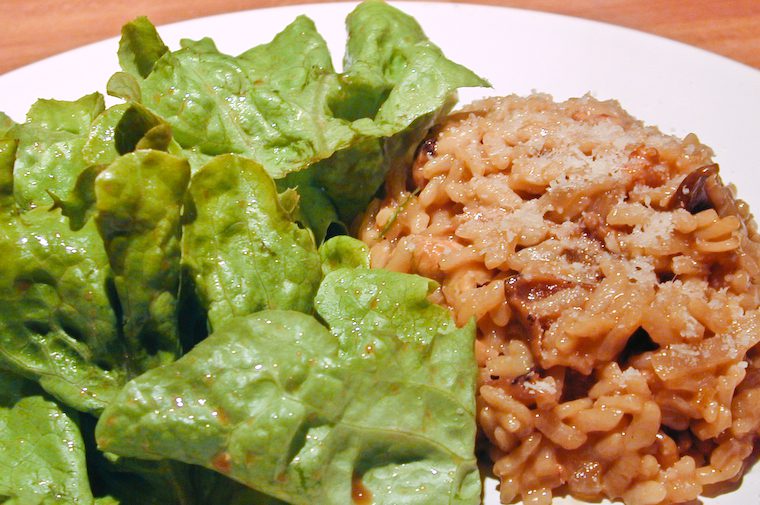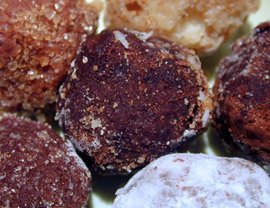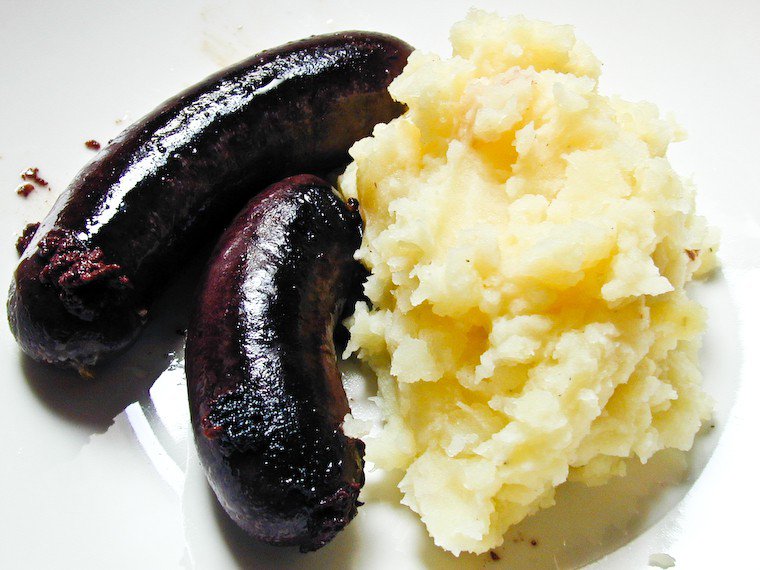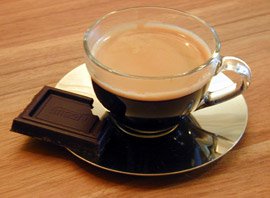
Ever since we bought the Oxylaser Blowtorch I’ve been pining for an opportunity to use it. My sister Céline has (at least) as much of a sweet tooth as I do, so I decided to make us Lemon Thyme Crèmes Brûlées for dessert on Saturday.
I found a disturbing number of very different crème brûlée recipes out there, calling for widely discordant oven temp, cooking time and quantities of eggs/cream/sugar. They starred various ingredients for flavor, and I was tempted by several combinations : rosemary and vanilla, cinnamon and orange flower water, as well as a version that included chunks of honey spice cake! As is often the case, I ended up using several recipes for inspiration, choosing the ones I figured should work, and sort of blended several into my own version. For flavor, I decided to use lemon and thyme, which I had on hand and sounded like a promising duet.
And without further ado, my friends, let me share that recipe…







